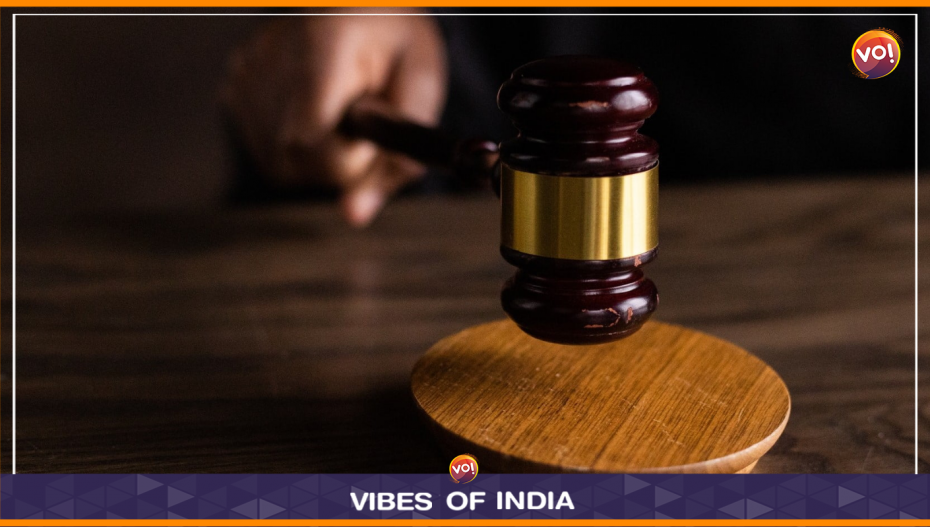The Mirzapur court in Ahmedabad recently disposed off a matter, “one-off by most standards.”
An adopted child wanted to legally renounce her adoptive parents on grounds of “Ill-treatment.” The court, however, rejected the petition referring to Section 15 of the Hindu Adoption and Maintenance Act, 1956. The Act also prohibits such renunciation either by the adopted child or adoptive parents.
The 24-year-old claimed she wanted to legally separate from her adoptive parents because of “ill-treatment meted out during all these years.” She sought cancellation of the 2007 notarised adoption deed.
The , born in Gandhidham in 1999, was adopted by her father’s brother (who was issueless then) when she was seven-months-old. An adoption deed was notarized in 2007. She moved to Jaipur with her adoptive parents, while her biological parents continued to live in Ahmedabad, where she currently resides.
Her petition states that she secured admission to a dental surgery course in Udaipur but could not pay the fee due to her adoptive parents’ poor financial condition. So, she turned to her biological parents for help, and they arranged for her to study medicine in the Philippines.
“For this, she required documents from her adoptive parents, who allegedly refused. They were disapproving of the help extended by her biological parents. Her admission stood cancelled and her biological parents also incurred a huge financial loss. Thereon, she cut off all ties and moved to Ahmedabad,” shared her legal counsel.
Besides cancelling the adoption deed, she sought a declaration from the court that her adoptive parents had no right over her. She also wanted their names to be removed from her documents.
The court notified the adoptive parents, but they did not appear to defend themselves. However, the court rejected the plea, stating the woman failed to furnish evidence to establish “ill-treatment or torture” by her adoptive parents.
To justify the legal provision, additional senior civil judge R.C. Sodhaparmar, also cited Hindu rituals associated with the adoption process. The court further reminded that in Hindu culture, adoption is considered divine. “The bond is incumbent on both parties. Adopters are required to perform their duties towards the adoptee as biological parents would, while the adoptee must perform all duties as a biological son or daughter would,” reminded the court.
Also Read: No Plan To Use Aadhaar Data For Census: Govt











